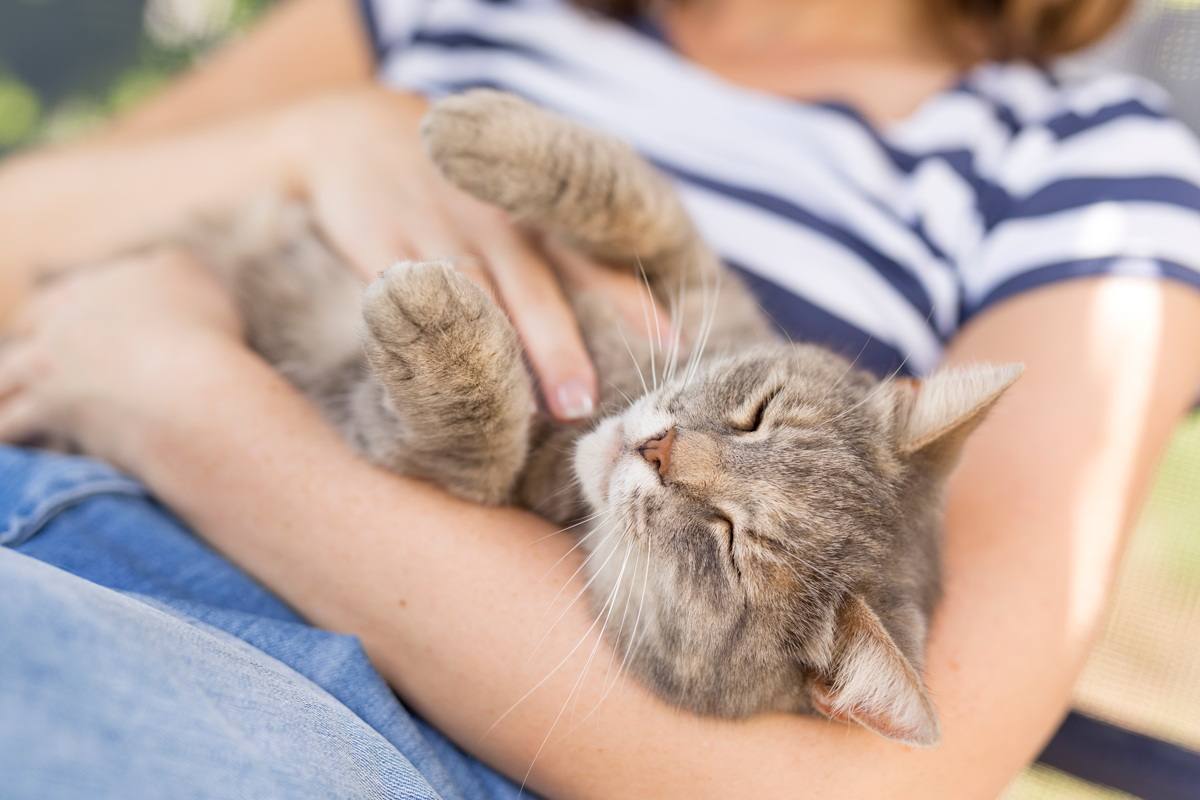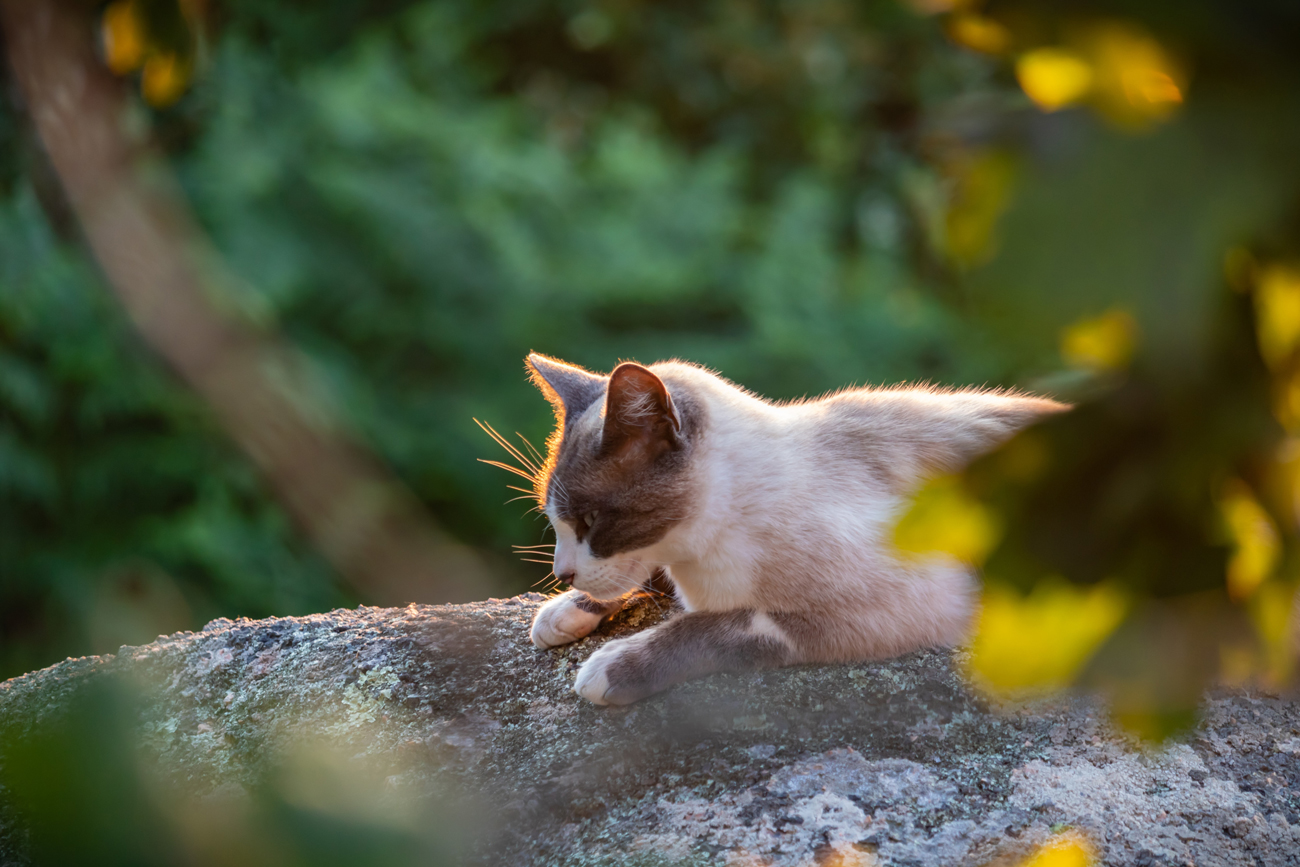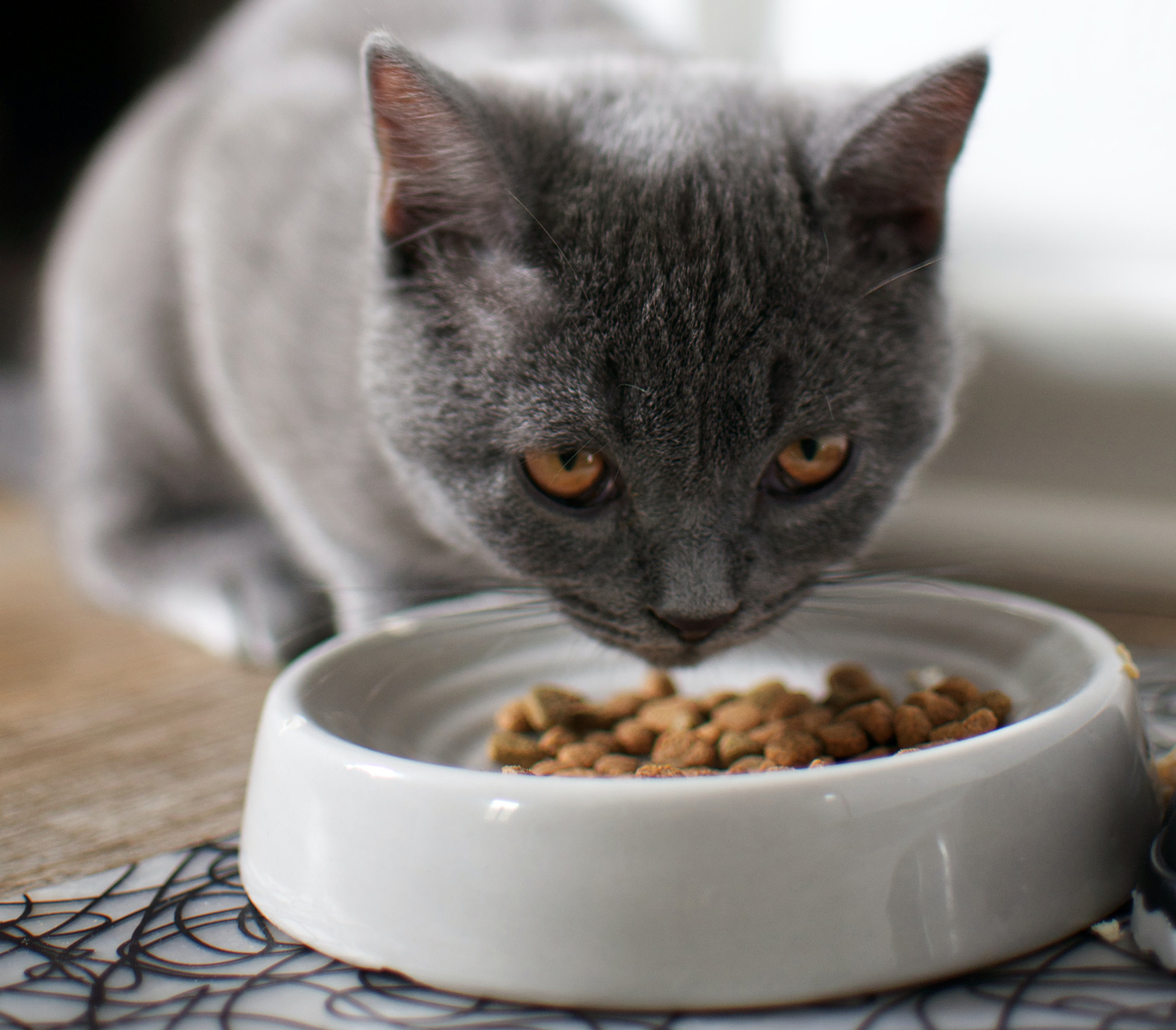
Cat life expectancy
14th July, 2021
While it doesn’t help to dwell too much on such morbid questions, many cat lovers will find themselves wondering about how long they might have left with their older cat. And it’s a good question to ask.
Knowing what to expect, how to plan for their later years and how to improve their life expectancy are all important considerations. If you want to know what the average lifespan is and how you can give your cat the best chance of living that long, then read on.
A great way to help your kitty live longer is to arrange suitable insurance for older cats. Give the caring team of insurance specialists at Petwise a call and get your older cat protected – who knows, they might end up as a record breaker!
What’s the average life expectancy for a cat?
As we all know, every cat is unique and calculating your own cat’s life expectancy is a very difficult task. In general, the first two years of a cat’s life equate to around 24 human years. From then on, each year is equivalent to around four human years.
According to a study carried out by the Royal Veterinary College the typical pet cat in the UK lives to around 14 years if well-fed, exercised, and given proper medical attention.
However, some cats far exceed the average expected lifespan and end up living past 20! They really are incredible. The ancients of the cat world!

Do some breeds live longer than others?
It’s impossible to predict the lifespan of a particular cat based on their breed alone. However, it’s generally agreed that mixed breed moggies usually live longer than their pedigree brethren.
This is perhaps down to the fact that coming from a mixed gene pool they’re less likely to suffer from inherited health problems.
However, that’s certainly not to say that a pedigree cat won’t live a very long and healthy life. Indeed, some popular pedigree breeds are known for their longevity.
- Burmese - The beautiful Burmese is a playful and sociable feline with an average lifespan of between 16 and 18 years, but sometimes a lot longer! They tend to be pretty low maintenance creatures, which is great to know as they will probably be with you for a very long time.
- Siamese - The extremely popular Siamese breed of cats is known as one of the longest living breeds. They can often live well into their late teens, and it’s not unheard of for them to live into their twenties. They are not for everyone, though, being extremely sociable and very vocal. If you don’t think you can put up with that for all those years it might be best looking at a different breed.
- Russian Blue - Ah, the aristocratic Russian Blue! With their glowing emerald green eyes and dense shimmering coat they really are stunning creatures. Fortunately, despite their regal looks these are a strong, hardy breed with minimal health issues. They often live well into their late teens.
For the most up-to-date information on the life expectancy of individual pedigree breeds, check out the website of The Governing Council of the Cat Fancy.
How to give your cat a long and happy life
While breeding is an important part of assessing a cat’s longevity, it isn’t the whole story. Vets believe that issues such as exercise, diet, socialisation, and environment could all play a much larger role.
The good news is while there’s no way to change the genetic makeup of your cat, there are still plenty of ways to give them the best chance of living to a grand old age. Here are some top cat care tips to help with longevity:
- Feed a good quality, complete and balanced diet suitable for their age.
- Check your cat’s weight and fitness levels regularly with the vet.
- Regular worming and flea treatment of your cat is a must.
- Take good care of your cat’s teeth. That way any dental problems can be solved quickly and not affect their eating habits.
- Ensure your cat gets vaccinated and receives regular booster shots throughout their life.
- Speak to your vet often to make sure you can get advice and help with your cat’s health when you need it.
- Identify the normal health and behaviour of your cat. Responding quickly to changes can make a big difference to the outcome.
- Always seek veterinary treatment sooner rather than later.
- Keep your older cat insurance up to date so you can stay on top of any health issues.
- Check your home and garden for any potential poisons and toxins.
- If your cat is allowed outdoors, always be watchful of potential hazards from traffic, dogs or other cats.
- To minimise stress and anxiety, keep your home calm and comfortable.

Could your cat be a record breaker?
According to the Guinness Book of World Records the oldest cat ever was called Crème Puff and lived in Austin, Texas in the USA. She lived to an amazing age of 38 years and three days and apparently existed on a quite unusual diet.
Her owner supplemented her dry cat food with broccoli, eggs, turkey bacon, coffee with cream, and, every two days, ‘an eyedropper full of red wine’!
It goes without saying that we would not recommend giving your cat alcohol! But what are the signs your cat has what it takes to be a centenarian?
- Exercise - A cat who enjoys jumping, playing, and otherwise chasing around is likely to stay fit well into their golden years.
- Weight - Exercise and an appropriate diet can help your cat maintain their ideal weight.
- Appearance - Your cat should have bright eyes, a thick lustrous coat and healthy nails.
Get a quote for older cat insurance from Petwise
At Petwise, we want all cats to stay fit and healthy well into their senior years. That’s why there’s no upper joining age limit for our older cat insurance policies.
With seven cover levels to choose from you’ll be sure to find one to suit your budget and requirements. Dental cover is included as standard on all policies.
Finding older cat insurance is easy with Petwise – get a quote today.
Policy benefits, features and discounts offered may very between insurance schemes or cover selected and are subject to underwriting criteria. Information contained within this article is accurate at the time of publishing but may be subject to change.